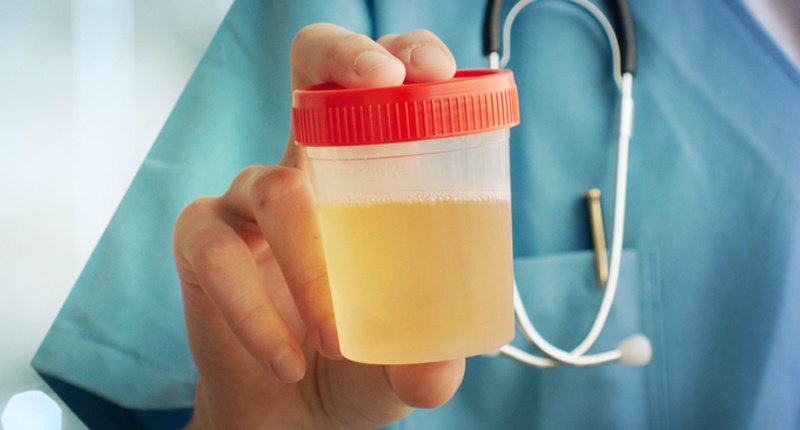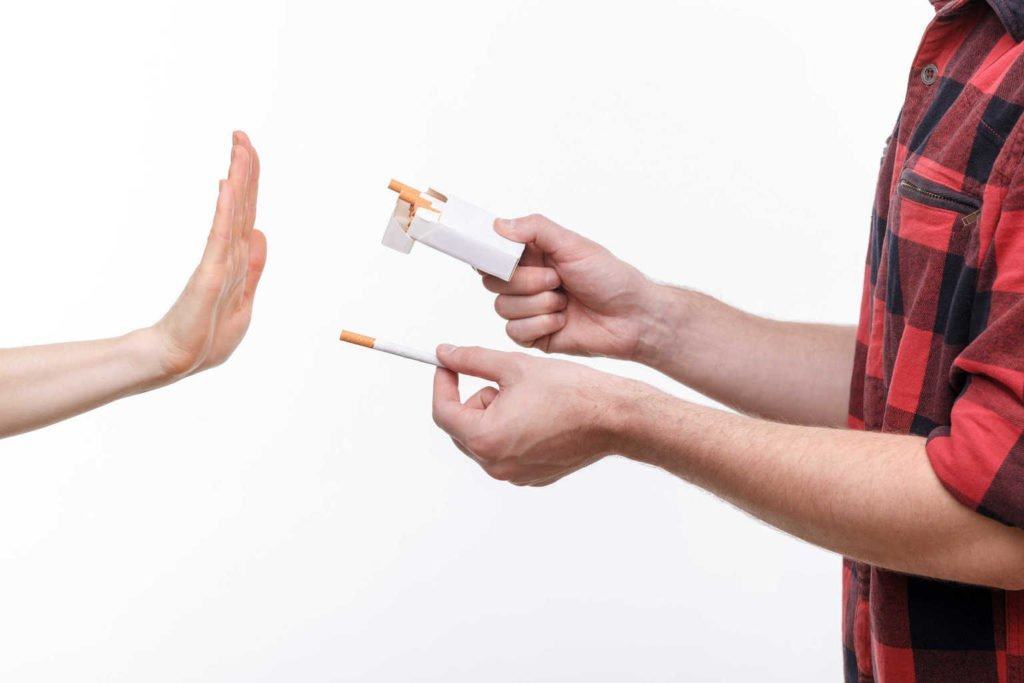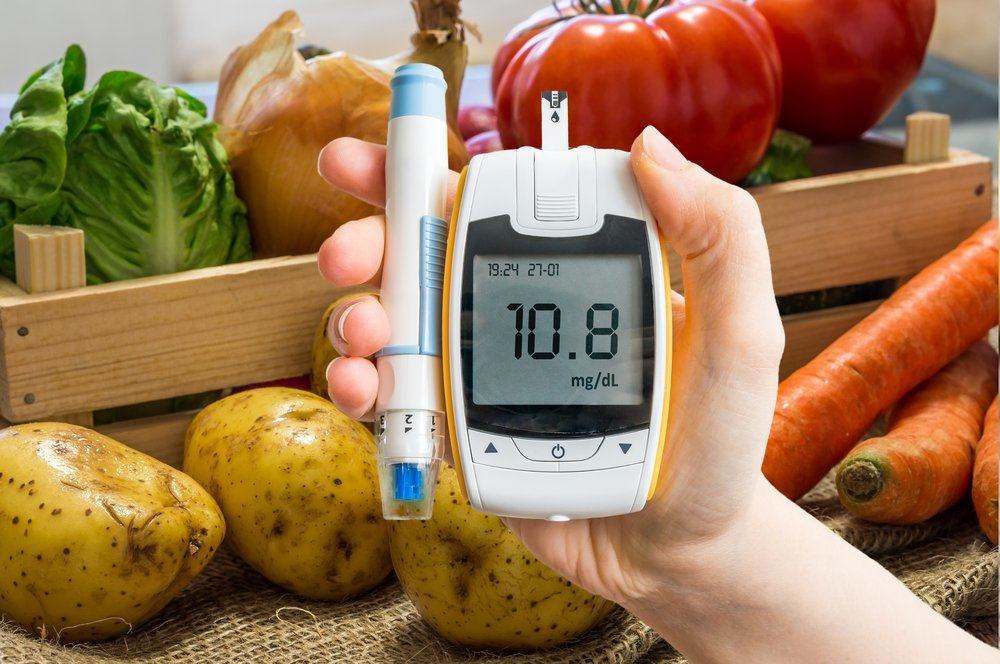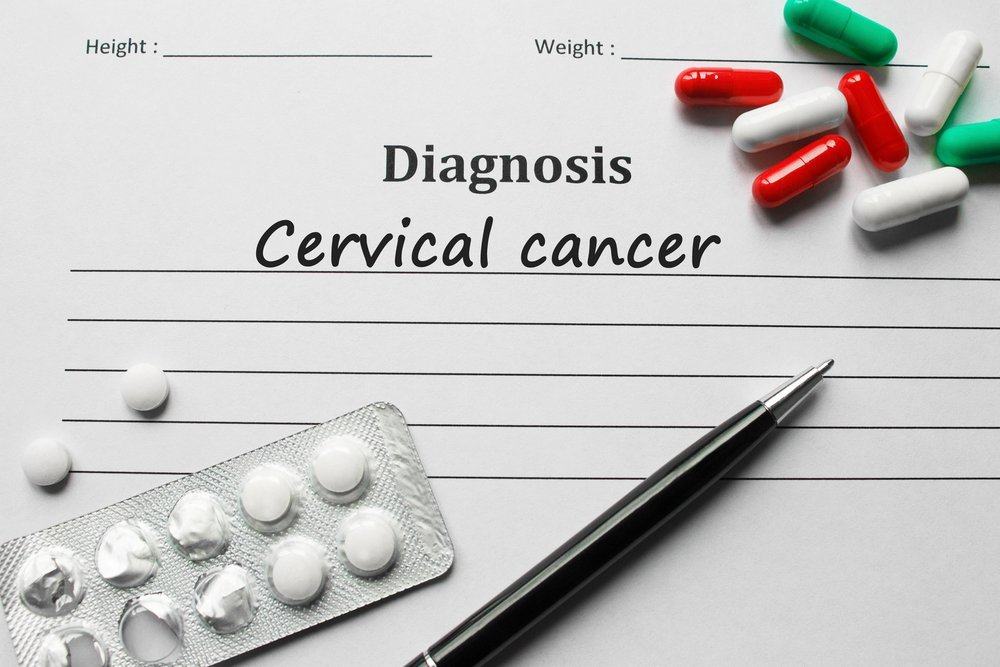Contents:
- Medical Video: Stages of Kidney Disease
- Get enough dialysis
- Maintain blood pressure
- Reducing high cholesterol levels
- Follow a healthy diet
- Treating anemia
- Maintain important minerals - calcium and phosphorus - to stay balanced
- Increase physical activity
- Control blood sugar if you have diabetes
- Maintain emotional health
- Quit smoking
Medical Video: Stages of Kidney Disease
Those who do dialysis are more likely to get heart and blood vessel disease than the general population (also called cardiovascular disease). This risk is higher due to kidney disease and other health problems such as diabetes and high blood pressure. It is important for you to do what you can to prevent or treat heart and blood vessel problems. This treatment plan will help you:
Get enough dialysis
Getting dialysis is important enough to help you feel good. some special blood tests are carried out every month to help your doctor decide whether you get enough dialysis or not. One test is called Kt / V; the other is a reduction in the urea /urea reduction ratio (URR). If you get enough dialysis, your Kt / V is at least 1.2. When using URR, it should be 65 percent or more. If your number is too low, one of the possible reasons is that your access isn't working properly. Ask your dialysis team to check it out. Another reason is that you need longer dialysis time to dispose of waste products.
Maintain blood pressure
High blood pressure can cause kidney disease. Also a complication of kidney disease. If your blood pressure is not controlled, this can cause heart and blood vessel problems, such as hardening of the arteries and enlarged heart (cardiomegaly). Limiting fluid and salt intake will help maintain control of your blood pressure. Target blood pressure for dialysis patients before dialysis treatment is less than 140/90. Target blood pressure after dialysis is less than 130/80.
The doctor or nurse can check if your blood pressure report is on target. If you check your own blood pressure at home, you should record your daily blood pressure report and show it to your doctor at each visit. For a report on blood pressure that is not on target, ask your doctor how you can fix it. As someone told us when asked about tips on how to reach the target of blood pressure measurement, "I control blood pressure levels by taking my medication as prescribed."
Blood pressure pills are usually chosen for patients with CKD called inhibitors angiotensin converting enzyme (ACE) or angiotensin receptor blockers (ARB). Follow your doctor's advice, take medication as prescribed, eat right and exercise is a long-term way to achieve healthy blood pressure.
Reducing high cholesterol levels
High blood fat levels (also known as lipids) such as cholesterol increase your chances of developing heart and blood vessel problems. If your level is too high, you may need to take a low-fat diet and do more exercise. Some patients may also need to take medication (such as statins) to help lower cholesterol.
Follow a healthy diet
Eating right will help you stay healthy. It is important for you to have the right amount of protein, calories, fluids, vitamins and minerals every day. Your nutritionist will help make a list of foods to ensure you get balanced nutrition. Your doctor and nutritionist may also ask you to reduce your intake of foods that are high in saturated fats and cholesterol, such as eggs, milk, cheese and fried foods. Foods high in potassium and phosphorus also often need to be limited, because high blood potassium and phosphorus can be dangerous
Eating foods rich in omega-3 fatty acids can help nourish the heart. These include cold water fish such as salmon, albacore tuna, trout and sardines, and other foods such as flaxseed oil, canola oil and walnuts. For those of you who are on a proteinuria diet or a potassium diet, talk to your doctor and dietitian before making changes in your diet.
Treating anemia
Most people with kidney disease will get anemia. When you suffer from kidney disease, your kidneys cannot make an important hormone called erythropoietin (EPO) in sufficient quantities. EPO tells the body to make red blood cells. Without sufficient EPO, your red blood cell count will decrease and anemia will occur. Anemia may make someone feel tired, look pale, have a bad appetite, difficulty sleeping, shortness of breath and have a fast heartbeat. As with high blood pressure, anemia can also have an impact on heart problems called left ventricular hypertrophy. Ventricular hypertrophy is the thickening of the main pumping chamber of your heart muscle (left ventricle). This occurs because the left ventricle becomes larger because most work. Treating anemia helps maintain your heart health.
Your doctor can find out if you have anemia by measuring your hemoglobin level. Hemoglobin is a part of red blood cells that carries oxygen throughout your body. When you do dialysis, your hemoglobin is measured regularly to check for anemia. Anemia can be treated with a drug called erythropoiesis stimulating agents (ONE). ESA acts like a natural hormone EPO to help your body make red blood cells. Anemia can also be treated with additional iron. The body needs iron to make red blood cells, especially if you receive ESA. Without enough iron, your ESA treatment will not work.
The goal of treating anemia is to keep your hemoglobin level between 11 and 12. Be sure to talk to your doctor or other members of your dialysis care team about anemia and kidney disease.
Maintain important minerals - calcium and phosphorus - to stay balanced
This important mineral can become unbalanced when you have a CKD. As a result, the bones will lose calcium and become weaker over time. Some calcium and phosphorus may end up in parts of the body that are not in their proper place, such as your heart and blood vessels. This makes your blood vessels stiff and narrow. When this happens, the risk of a heart attack or stroke will increase. There are drugs that are used to treat bone and mineral abnormalities originating from CKD. Talk to your doctor about the choice of medication that is right for you.
Increase physical activity
Be sure to ask your doctor about sports activities that are right for you. Regular exercise helps to:
- Lowers cholesterol
- Control your blood sugar level, if you have diabetes
- Reducing high blood pressure
- Reduce excess weight
- Improve heart and lung health
- Increase energy level
- Improve emotional health.
Control blood sugar if you have diabetes
Diabetes mellitus, or just diabetes, occurs when your body doesn't make enough insulin or can't use insulin properly. Insulin is a hormone that controls the amount of sugar in your blood. High blood sugar levels can cause problems in many parts of your body. Diabetes is the most common cause of kidney failure.
With diabetes, small blood vessels in the body become damaged. This can cause hardening of the arteries and increase the chances of heart attack and stroke. When the blood vessels in the kidney are damaged, the kidneys cannot cleanse your blood properly. When your kidneys don't work properly, water and salt accumulate, causing weight gain and swelling in the ankles. Protein in your urine, and waste materials accumulate in your blood.
Diabetes can also damage your nervous system. This can cause difficulty in emptying your bladder. The pressure produced from a full bladder can injure the kidneys in people who have not taken dialysis. Diabetes can also affect the nerves in your feet, causing numbness and pain, called neuropathy. To help keep your blood sugar under control, check it often as told by your doctor. Be sure to follow your diabetes treatment plan.
Maintain emotional health
Sometimes, you may feel depressed, angry or upset. Although these feelings are normal, they can make it more difficult for you to follow a treatment plan and return to normal routine. Negative feelings can also increase your risk of heart disease or make it worse. It is important to get treatment if you have this feeling.
Talk to a dialysis social worker or doctor to find out whether counseling and / or medication can help.
Quit smoking
If you are a smoker, ask your doctor about a program to help you quit. Smoking increases the risk of cancer, respiratory problems, high blood pressure, heart and blood vessel disease, and many other diseases. This is a major risk factor for heart attacks and strokes. Smoking can interfere with medications used to treat high blood pressure. Uncontrolled high blood pressure or poor control are the main causes of kidney disease. Smoking slows blood flow to vital organs like the kidneys and can worsen existing kidney disease.












